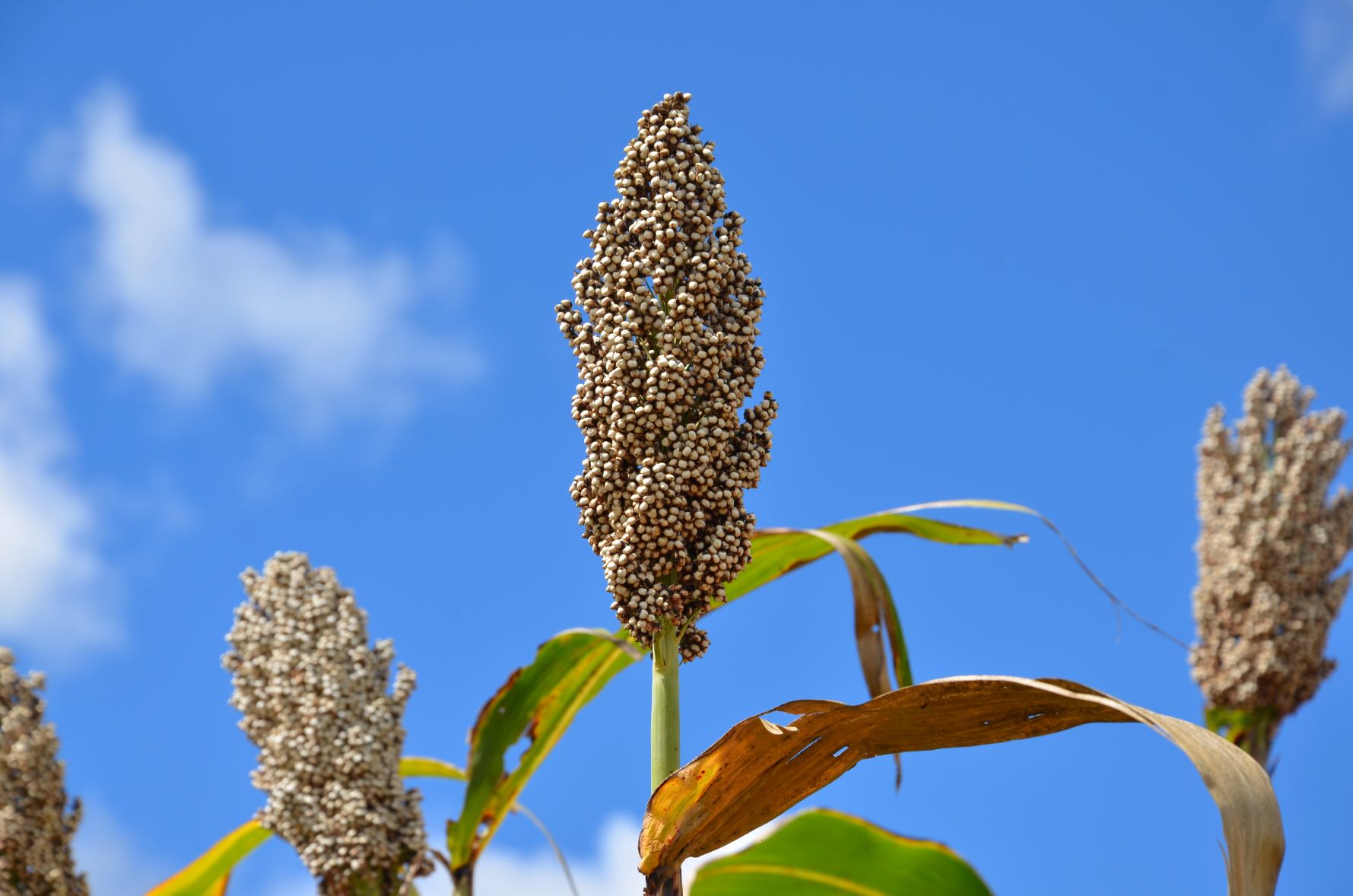|
Getting your Trinity Audio player ready…
|
The Institute of Food Technologists (IFT), a nonprofit scientific organization with global members spanning academia, government, and industry, has released a white paper that examines how underutilized and biofortified crops could help improve global food and nutrition security. Food Science and Technology Solutions to Improve Food and Nutrition Security: Advancing the Use of Underutilized and Biofortified Crops examines benefits, opportunities, and challenges surrounding underutilized or “orphan” crops, such as sorghum, taro, and pawpaw, as well as biofortified crops, which are staple foods (i.e., corn, beans, and potatoes) that have increased levels of key micronutrients to help feed deficient populations.
The white paper explores the transformative potential of these crops in the global food system: for example, only 170 plants out of an estimated 30,000 edible species are currently cultivated on a commercial scale.
“Underutilized and biofortified crops provide a myriad of nutritional, economic, and global benefits, from promoting diet diversity to elevating indigenous knowledge to ensuring climate resilience. Unfortunately, despite these benefits, there are consumer acceptance, technological, and supply chain challenges in scaling the adoption of these important crops,” said IFT Chief Science and Technology Officer Bryan Hitchcock. “This white paper identifies concrete steps that can be taken to increase the usage of underutilized and biofortified crops and reap the benefits of these highly nutritious crops throughout our global food system.”
The white paper also includes case studies featuring innovative researchers, organizations, and companies that have already championed the use of these crops to advance the global food and nutrition security and bring consumer-accepted goods to market. The case studies illustrate potential breakthroughs in the use of these crops such as utilizing African orange flesh sweet potato in baked goods to add nutrition and overcome a “food of the poor” stigma, creating ready-to-eat products with millet and lentil to appeal to Indian consumers, and elevating indigenous knowledge in Tanzania to create next-gen processing equipment for grinding sorghum and millet.
Food Science and Technology Solutions to Improve Food and Nutrition Security: Advancing the Use of Underutilized and Biofortified Crops is the result of a virtual roundtable discussion organized by IFT’s Food & Nutrition Security Steering Committee (FNSSC) that focused on identifying current challenges, solutions, and opportunities for food science and technology to accelerate the adoption of underutilized and biofortified crops. FNSSC, formed in 2021, previously conducted a roundtable on processing technology to improve sustainability and nutrition, resulting in a white paper released in December 2023.
Additionally, a recent Brain Food Blog features an interview about underutilized and biofortified crops with Kiruba Krishnaswamy, PhD, who served as a panelist in the roundtable discussion on underutilized and biofortified crops.
To download the white paper, visit https://info.ift.org/
Food and nutrition security will be a prominent theme at this year’s IFT FIRST including a featured session on “Empowering Food & Nutrition Security: A Vision for Health Equity and Impactful Partnerships.” Speakers from the USDA, WeightWatchers, and Tufts University will convene to discuss how muti-disciplinary collaborations can create food science solutions that will play critical roles in achieving food and nutrition security. Meanwhile, “IFT Scientific Journals Special Session: Ultra-processed Foods (UPFs)” will bring together leading researchers and food experts to discuss the scientific understanding of an often contentious food category. Additionally, over 1,000 exhibitors will spotlight their trailblazing products and solutions on the expo floor of the largest global food science and innovation expo.
IFT FIRST will take place July 14-17, 2024, at McCormick Place in Chicago. To register for IFT FIRST, visit http://www.iftevent.org.
About Institute of Food Technologists
The Institute of Food Technologists (IFT) is a global organization of over 11,000 individual members from more than 100 countries committed to advancing the science of food. Since 1939, IFT has brought together the brightest minds in food science, technology and related professions from academia, government, and industry to solve the world’s greatest food challenges. IFT works to ensure that its members have the resources they need to learn, grow, and innovate to advance the science of food as the population and the world evolve. IFT believes that science and innovation is essential to ensuring a global food supply that is sustainable, safe, nutritious, and accessible to all. For more information, please visit ift.org.
